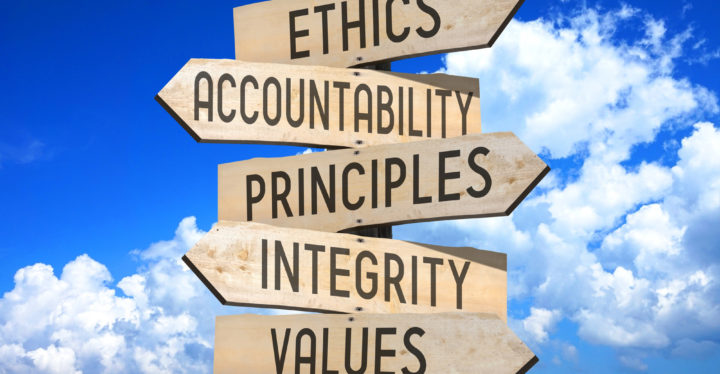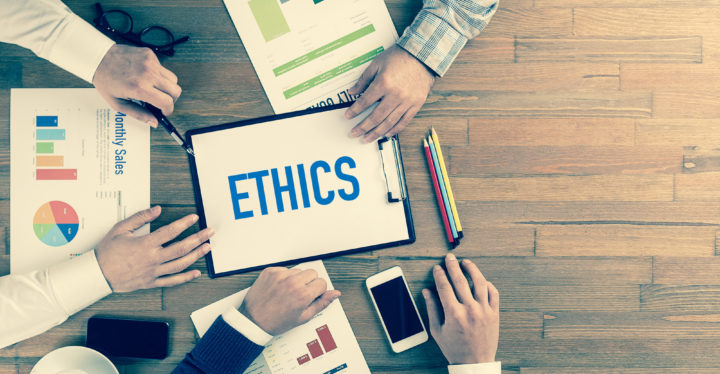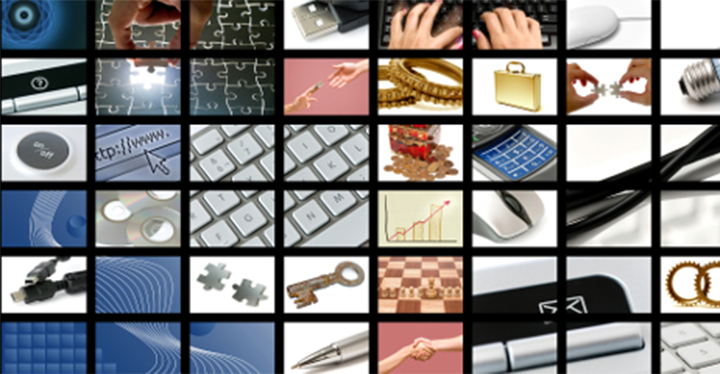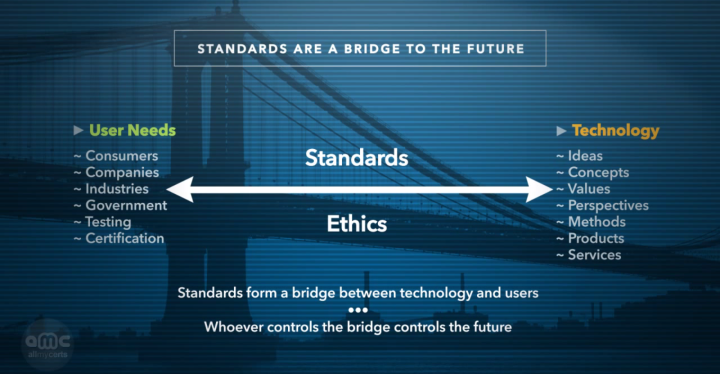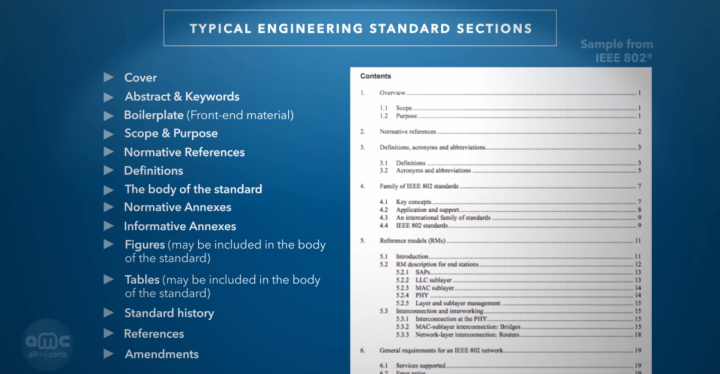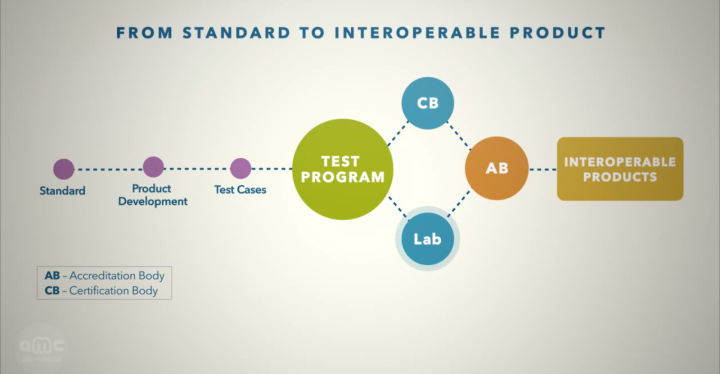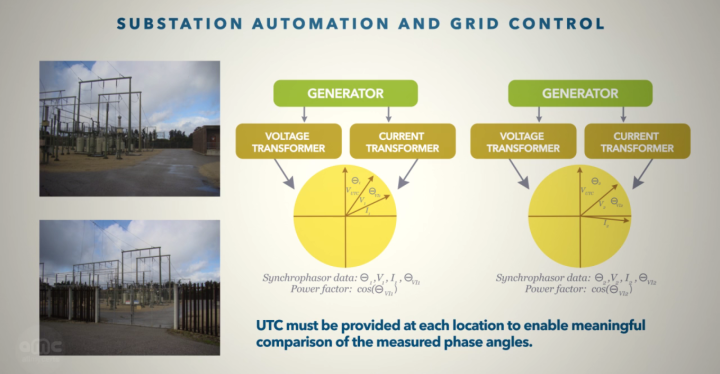March 2017 | Volume 7, Issue 1 | Ethics and Standards |
Ethically Aligned Standards – A Model for the Future
In April of 2016, The IEEE Global Initiative for Ethical Considerations in Artificial Intelligence and Autonomous Systems (AI/AS) was launched with a mandate to provide a document that could provide technologists with a pragmatic guide to deal with the pressing ethical considerations of AI/AS. Although ...
Featured Articles

Letter from the Editor
You are an Ethical Engineer. Are Your Products?
All of us are taught ethics through moral stories in our childhood. Many professions such as engineering, medicine, and law teach a “code of ethics,” and many businesses have a formal code of ethics in their collection of policies. While these ethical standards are applied largely to an individual’s behavior in interacting with peers or customers, they rarely push individuals to reflect on the considerations applied to designing or certifying a product. Falsifying product performance, emission reports, or breaching data security to access private information are all well-known examples of an engineering organization’s actions having directly harmed people as individuals or society as a whole. As “smart” gadgets along with their corresponding infrastructure continue to develop, one has to worry about the conscious or unconscious misuse and harm this may cause. (more…)Student Application Papers
Student application papers applying industry standards are papers submitted by students, or their faculty mentors on their behalf, in which an industry technical standard(s) was applied (analyzed and implemented). Each paper highlights specific design choices in the application of various technical standards and describes the resulting product, process, or service. Click on the title to view the full paper.
Integrating Spatial Modulation Into 802.11n
(PDF, 672 KB), Meng Zhang, Xiang ChengLearn more about how you can apply for an IEEE Student Grant.
FUNNY PAGES: SHALL WE GO TO LUNCH?
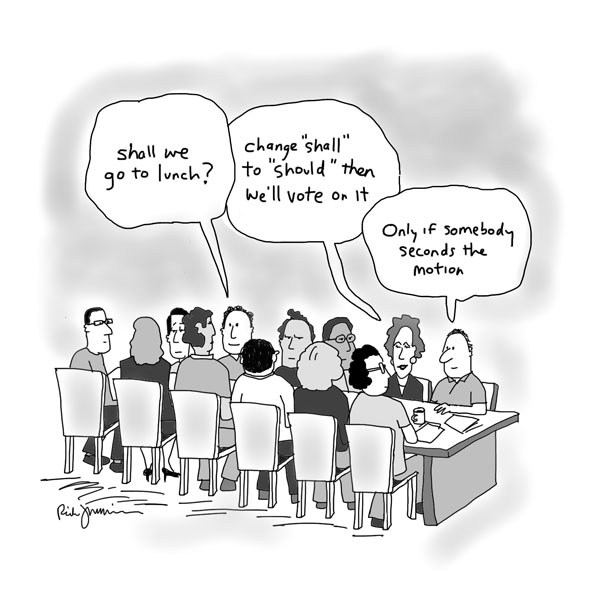
Call for Contributors
The IEEE Standards Education eZine Editorial Board invites contributions from industry practitioners, educators and students on topics related to education about technical standards. Interested parties may submit an inquiry or article abstract for consideration to the Editorial Board at any time throughout the year via email to: ezine-eb@listserv.ieee.org. Abstracts should be no longer than 500 words and final articles should be no more than 2,000 words.
Particular areas of interest include, but are not limited to:
- impact and development of standards in various regions of the world;
- reliance by employers on complying with standards for introducing their products to the marketplace
- best practices and ideas for incorporating standards into the classroom and curricula
Interested in contributing an article? Please make note of these important dates.
2nd Quarter 2017 issue theme: Consumer Electronics, including Virtual Reality, Wearables, and Drones- Articles due: 1-May-2017
- Publication date: 1-Jun-2017
- Articles due: 14-Jul-2017
- Publication date: 18-Aug-2017


